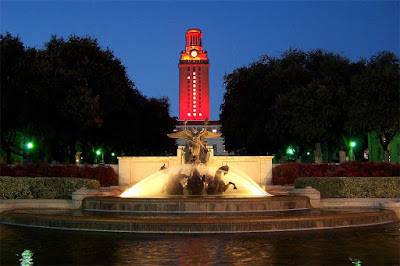Reading Notes: Part B (Week 12)
Seven Secrets
Matsya's Secret: Only humans can empathize and exploit
The avatar of Matsya (with a fish's body)
Part 1:
- Mark of Vishnu is on the forehead, which shows the human brain is different from the other animals
- We have imagination and can control it, we look beyond survival and create culture
- Brains creates Brahma and seeks Brahman, born of Vishni
- Manas: The ability to imagine
- Manu sees Vishnu in the form of the fish, the fish asks Manu to save him. "Law of the fishes" to engage with human kind.
- Only humans can overturn 'jungle law' because there are no rules, there is no right or wrong in the animal kingdom (lion is allowed to eat other animals)
- Humans sees animals as cruel, but they do not see that because they are just seeing it as a way to survive
- Only humans can imagine heaven: paradise for perfection, and this helps people create culture
- Humans are compassionate and interferes with nature (roots in empathy)
- Presence of Manu transforms nature, and little fish is safe (symbolizes harmony and society) where the mighty take care of the weak
- DHARMA: creates the security for the human world
- one can argue that Dharma is innate to man, that is why humans were created. Only when we rise above animals and establish dharma, we "become human"
- In nature, animals have territory and marks its territory with mates. critical to survival and this is what causes fighting
- Manu's notion of property is different from territory (no rules and laws protect territory)
- Human property is used to provide and care for people: empathy
- Also makes greed, and it stems from fear and imagination for scarcity (this is why we exploit land and even other beings)
- When empathy is used, Dharma is established. Humans have the ability to give up property to help those who are needy and weak
- Dharma is realizing the human's full potential to have compassion
Part 2:
- As more of the wild is turned into farms, more nature is pushed to its limits
- A king rescues a dove in compassion from a hawk, he shows that humans have preferences to save certain animals. Why should the dove be saved and the hawk die because he is hungry
- Man creates society by imagining a place where all are safe, but some are more safe than others
- Vishnu is a worldly god, and seeking answers with material reality will never be perfect and fully satisfying
- The Pandavas burn the forest in order to built a city, but a field cannot be created unless part of the forest fires.
- a culture cannot be created without the destroying of another ecosystem
- Material reality can be gained with force (like irrigation) and its not natural with nature
- So, empathy for one makes for a lack of empathy for the rest. Plants and animals are excluded if they do not help with society
- It will always exclude someone, and the society will never be completely perfect
- The fish story again: The fish becomes large and dependent on Manu. Then it must be placed in the pond because it gets too big.
- Humans becomes focuses on itself that it loses touch of nature (culture must never forget the needs of nature)
- Even though caring for the fish was a noble deed, but you have to be wise and learn that obsession with the small fish made him insensitive that the fish got big enough to take car3e of itself
- Karma: society is destroyed when compassion is exclusive
- The fish returns to Manu with a horn on his head; it is like the Mark of Vishnu (remind him that life is about growth and spirituality)
- There was no emotional and intellectual growth in this story, so it had a bad ending
- All plants and animals live in cycles, but humans have the power to break the cycle; happens when they follow Dharma and let go of fear
Bibliography: Pattanaik, Devdutt. 2011. The Seven Secrets of Vishnu. Matsya Videos

Comments
Post a Comment